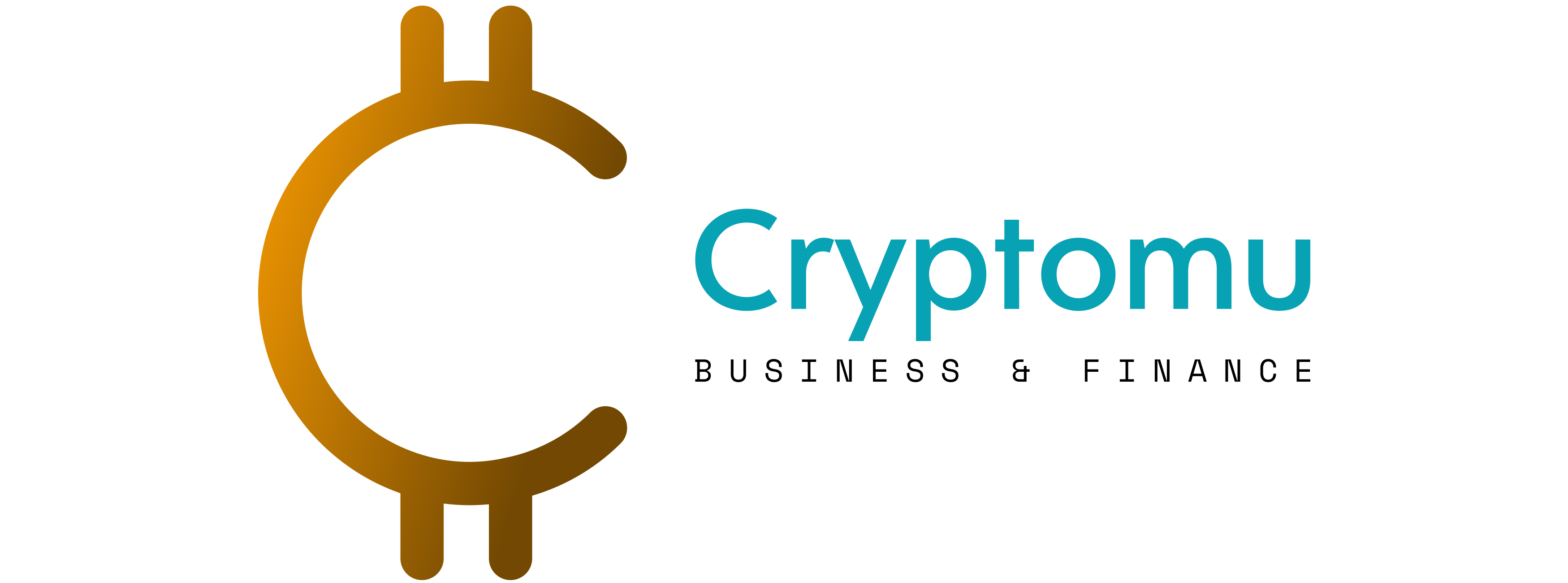When you’re ready to buy a car or refinance an existing loan, you have a few different financing options available to you. Each option has its own set of pros and cons, so it’s important to do your research before you decide which is right for you and your needs.
New car loans
New car loans are used to purchase a brand-new car. If you want to make a purchase, you can always finance a new vehicle through the dealer you are buying from. But it is not mandatory that you use the dealer’s financing for the purchase — in fact, it may be better to finance elsewhere — but it often makes the process more seamless.
In general, you get a loan for a period of three to five years, and your monthly payment will be determined by your loan amount, interest rate and term. You will likely need a down payment, preferably 20 percent or more.
Used car loans
A used car loan is a type of auto loan that allows you to finance a vehicle that has already had an owner. Some of the most popular used car loans are for certified pre-owned, or CPO, vehicles. But many lenders offer used car loans for cars that are not CPO vehicles.
Used car loans are available through auto dealers, lenders and online banks. For used car loans, the lender will look at your credit score, income and debt. The amount you can borrow will depend on these factors, as well as the value of the vehicle you want to purchase. Used car loans are typically paid back in monthly installments over a period of three to five years.
Auto refinance loans
An auto refinance loan allows you to take out a new loan to replace your current one. You may choose to do this if you have a loan with a higher interest rate and want a new loan with a lower interest rate or a longer term. The result of a lower rate is that you may be able to lower your monthly payment and be on track to save money in the long run. A longer term will also lower your monthly payments — however, it won’t lower your overall cost.
It’s important to note that you need to have a decent credit score to qualify for a refinance. If your credit is less than ideal, you may want to consider other options, such as selling your car to pay off your loan and avoid repaying a much higher interest rate.
Cash-out auto refinance loans
A cash-out refinance loan is when you refinance your auto loan to get a lump sum of cash back. The main draw of a cash-out refinance is the ability to gain more money. However, you will pay more interest, which means you’ll be paying more money over the life of the loan. Typically, the amount you’ll get back will be limited to the equity you have in your car.
Private party auto loans
A private party auto loan is a loan that is taken out specifically for the purchase of a car owned by a private party. This type of loan is offered by banks, credit unions and online lenders.
Because the loan is still secured by the vehicle, there are limitations on what types of vehicles you can buy. Typically, cars have to be 10 years old or younger and under 150,000 miles.
Lease buyout loans
A lease buyout is what it sounds like: It’s a new car loan that can help you purchase the leased vehicle. You would take ownership of the vehicle while the lender allows you to use the same monthly payments you made throughout the lease.
To understand the benefit of a lease buyout loan, you should know the difference between a dealer buyout and a buyback. Dealer buyouts are available when you purchase a car for cash, as you are buying the vehicle from the dealership instead of leasing it. A buyback is when the dealer purchases the leased vehicle from you before the lease is up.
The bottom line
Auto loans are available in a range of options to match your financial needs. Be sure to do your homework when shopping for a car so that you can understand what type of loan you qualify for and how much you can afford.
